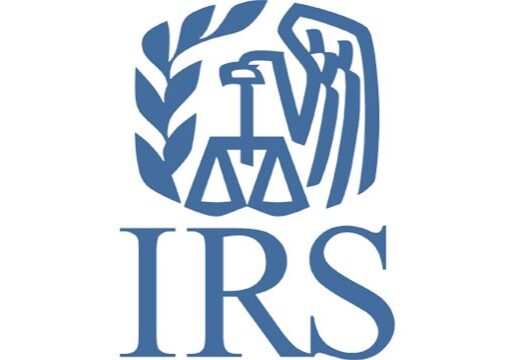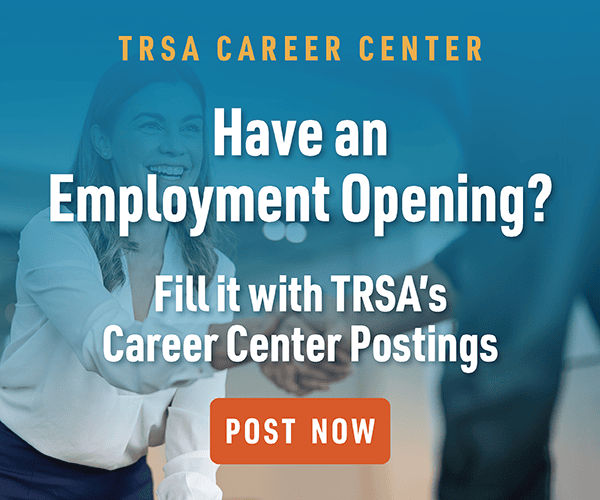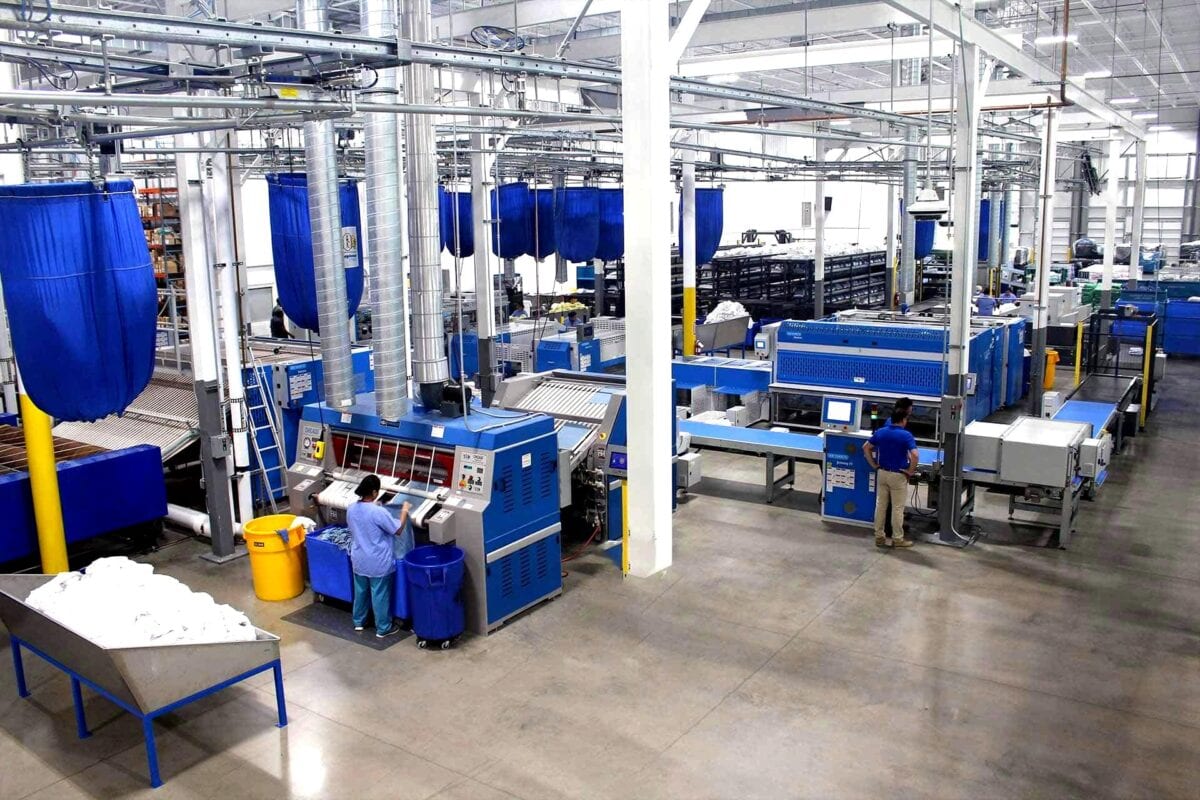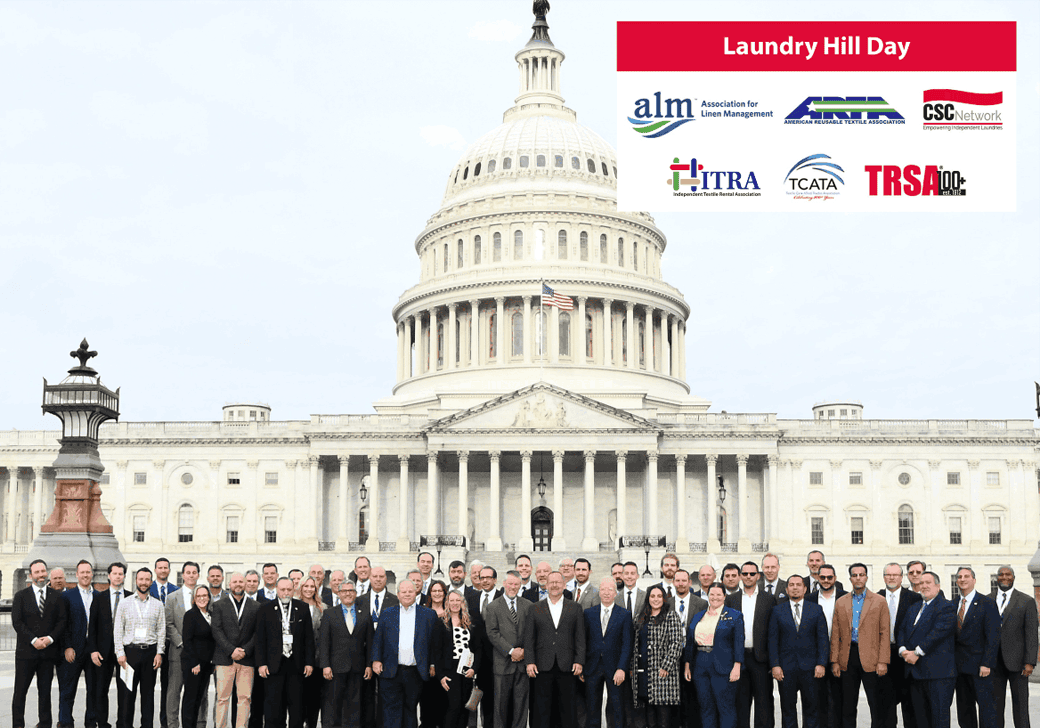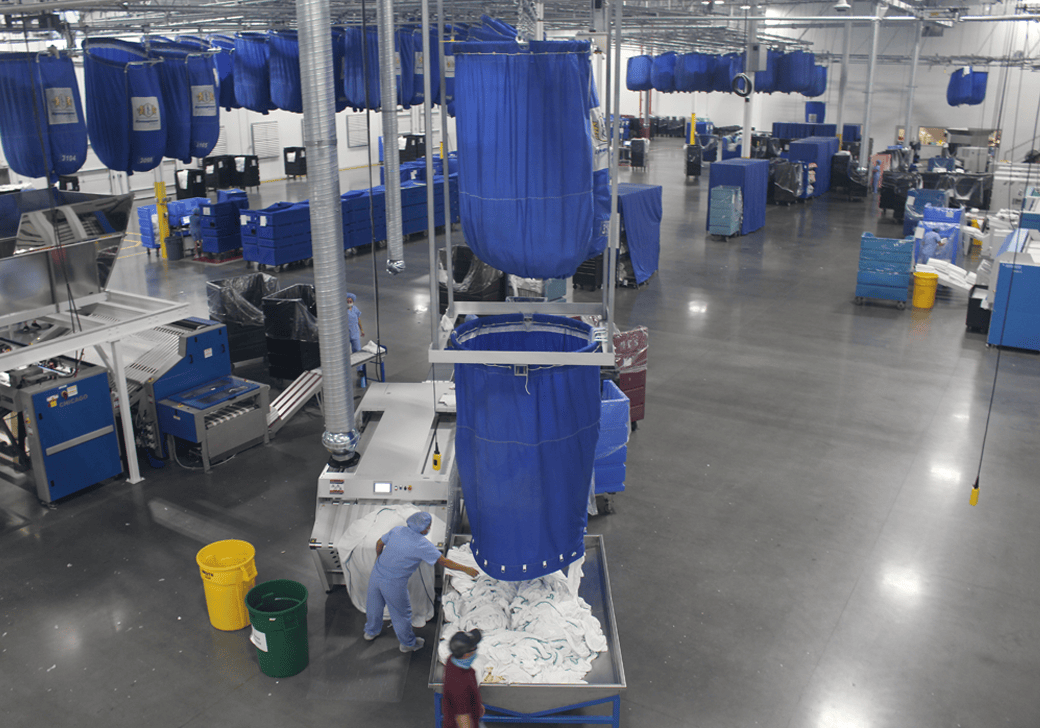Most everyone’s heard about the “One Big Beautiful Bill Act” (OBBBA) recently enacted by Congress and signed – on Independence Day – by President Donald Trump. The new law includes multiple provisions. These range from locking in the 2017 tax cuts to new rules for “S Corporations,” depreciation allowances and more. Below, we offer a quick overview and the likely impact on linen and uniform operators.
Perhaps the most significant policy feature included in the bill is the fact that its passage prevents a more than $4 trillion tax hike at the end of this year by extending – and making permanent – many of the temporary tax cuts included in the 2017 Tax Cuts and Jobs Act (TCJA).
Another prominent provision of the OBBBA that could impact commercial launderers concerns tax write-offs for equipment and other business assets. The TCJA featured a 100% bonus depreciation write-off that allowed businesses to immediately deduct the full cost of equipment. Unfortunately, that deduction was reduced, year-after-year, sharply limiting its benefits. Now, bonus depreciation is back. What’s more, the full 100% deduction is applicable through 2029 for property acquired after Jan. 19, according to a forthcoming article in September’s Textile Services magazine.
What’s more, the OBBBA doubles the amount of the current Section 179 first-year expensing-deduction rules from $1.25 million to $2.5 million. It also increases the asset acquisition limit from the current $3.13 million to $4 million. That means that the deduction would phase out, should the commercial laundry company’s asset purchases reach a $4 million ceiling. Other provisions of interest to commercial launderers include:
- Qualified Production Property: The key question for this new category is whether commercial laundries qualify. Leaving that issue aside for the moment, the OBBBA states that any company that operates a Qualified Production Property (QPP) can immediately deduct 100% of the cost of certain depreciable real property used in qualified production activities, so long as construction begins after Jan. 19, and before Jan. 1, 2029, and the property is placed into service before Jan. 1, 2033. To qualify, the property must serve as an integral part of a QPP, such as one that develops, improves, installs (if combined with other activities) or creates a product or service for the business. A QPP enterprise generally excludes land and services unrelated to manufacturing. As for laundries, the Internal Revenue Service (IRS) and the Treasury Department have said a QPP business must engage in a “Substantial Transformation” (per IRC §954(d) and Treas. Reg. §1.954-3) of a product. They cite examples such as converting wood pulp into paper or cutting steel rods in bolts. TRSA is in contact with federal officials to argue that laundering renders an unusable product, e.g., soiled linens, into a usable product (clean linens). TRSA’s advocacy team expects it will take months for regulators to rule on the finer points of QPP qualifications.
- Energy Policy: The owner/operators of commercial laundries that are planning to put energy-related properties into service will face new adjustments. Properties that fall under the tax law, including green energy-producing assets, recycling and storage, will no longer qualify as five-year properties for depreciation purposes. Instead, these green energy-related assets now will qualify for depreciation using general-class lifetime rules. While any property placed in service prior to Dec. 31, 2024, can continue the five-year depreciation, others must depreciate their assets and properties over longer periods, thus resulting in smaller depreciation expenses in earlier years.
- Pass-Through Businesses The 2017 tax law originally was designed to reduce taxes, simplify the tax code and stimulate growth. The TCJA did lower income tax rates, and it also increased deductions for pass-through business entities. Under the OBBBA, a more favorable tax rate for the income of pass-through businesses such as sole proprietorships, partnerships and S corporations is now in effect – permanently. The OBBBA makes permanent the deduction for linens, uniforms and facility services businesses operating as pass-through entities, allowing for a deduction of up to 20% of their qualified business income. It would also create a new inflation-adjusted minimum deduction of $400 for taxpayers with at least $1,000 in qualified business income to ensure that eligible small business owners can access an enhanced baseline deduction.
For information on an upcoming webinar on economic developments facing linen, uniform and facility services companies, click here.
Sign Up For Our Newsletter
Receive the latest updates on the linen, uniform and facility services industry from TRSA delivered straight to your inbox.


